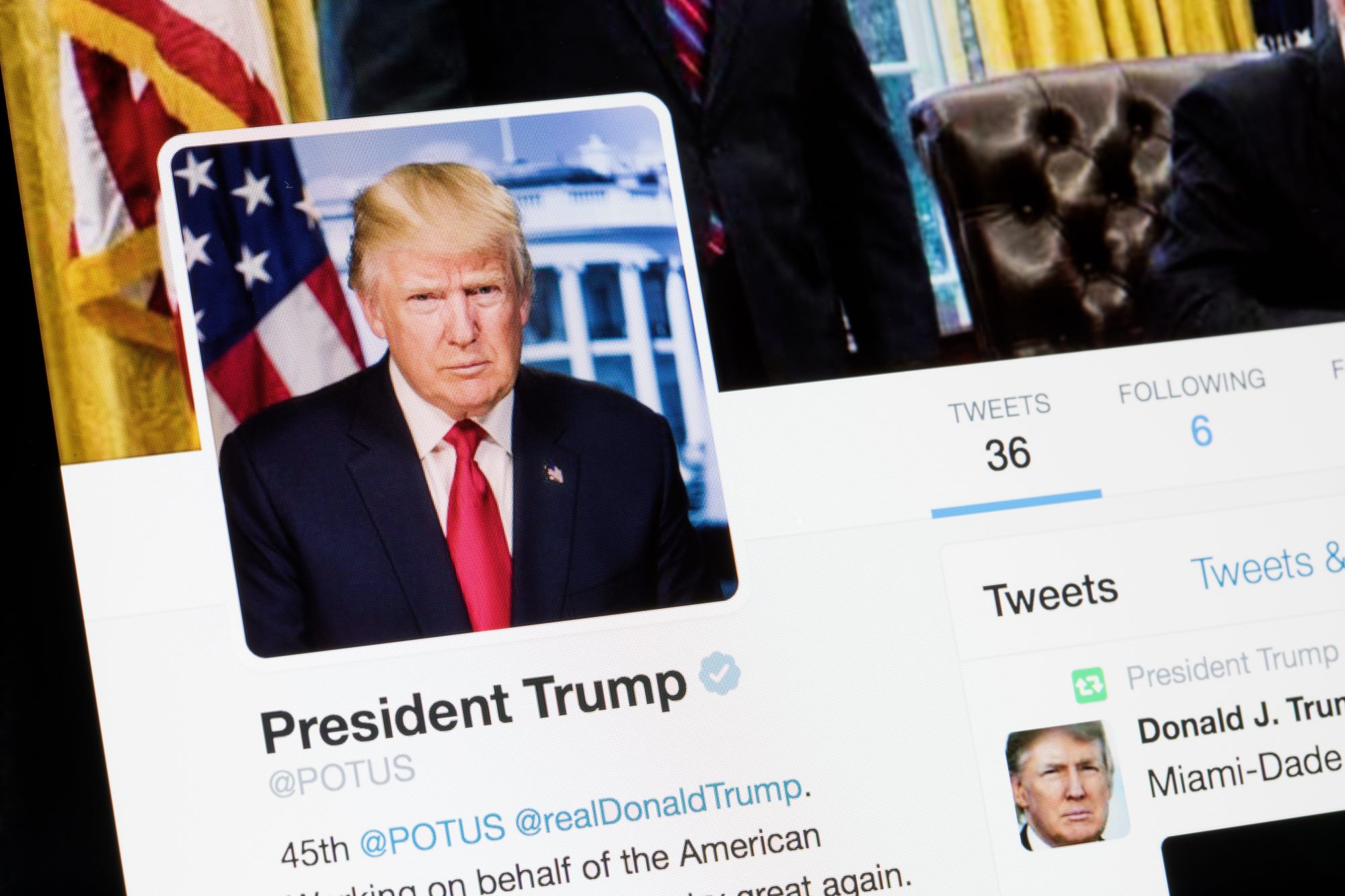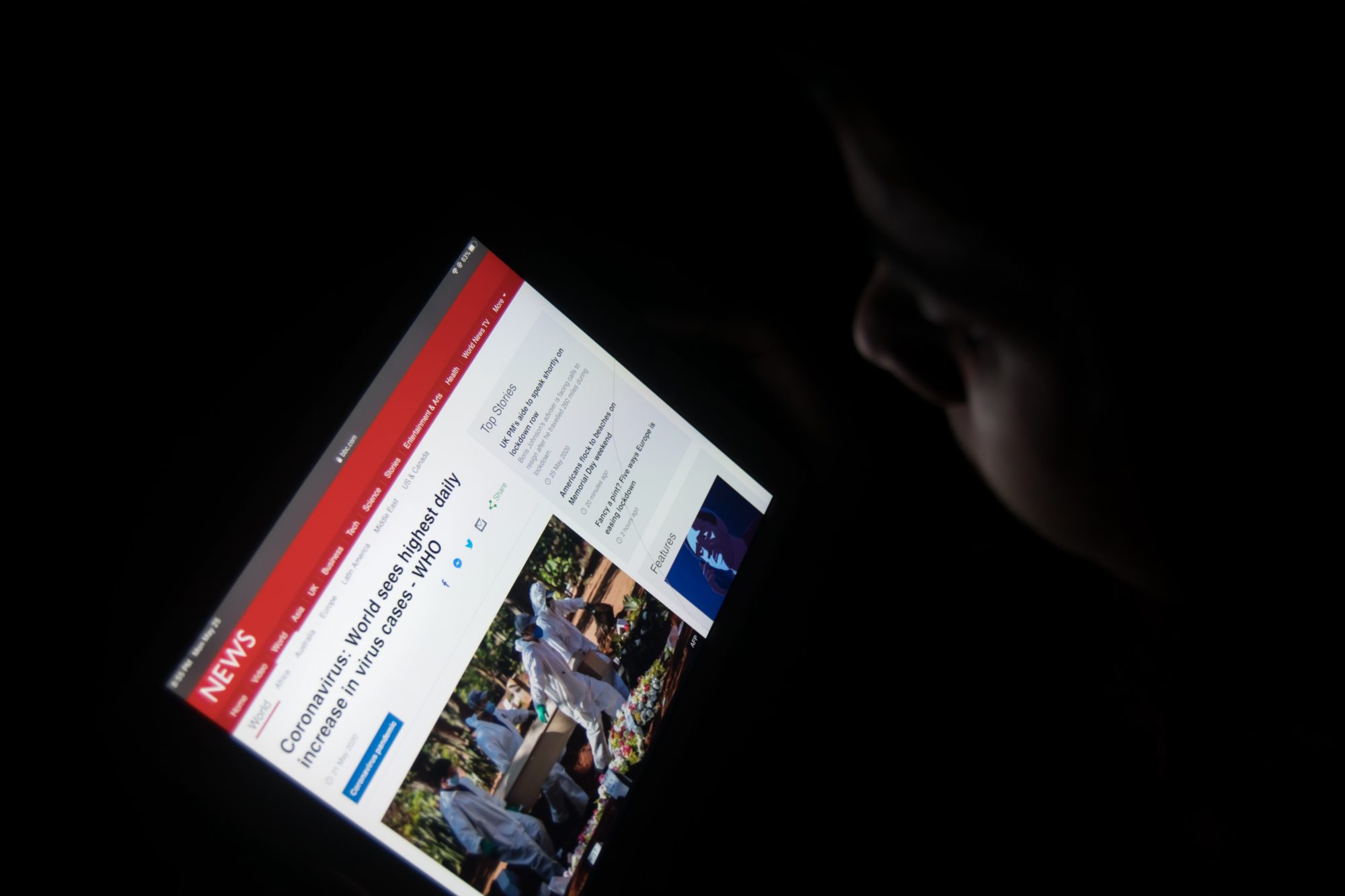Özlem Bedre-Defolie, Associate Professor of Economics at ESMT Berlin, analyses how platforms like WhatsApp and Facebook are tackling misinformation at this crucial hour
The COVID-19 global pandemic has led to millions of people all around the world being forced into lockdown in their homes and many people shifting to remote working. Now many countries are easing their way out of this lockdown, some companies and workplaces are slowly beginning to change how their offices operate so that their employees can return to work while still adhering to social distancing measures. Despite this, however many of these companies have taken the decision to not go back to their offices, and to continue working from home for the foreseeable future.
The impact on misinformation
This vast number of people working from home, and now staying at home, has increased the usage of online communication and social media platforms significantly. Thought this shift does have many positives, it has also led to a substantial increase in false information and fake news shared through social media platforms since the pandemic began.

In fact, Tedros Adhanom Ghebreyesus, The World Health Organisation Director-General, said, “We’re not just fighting an epidemic; we’re fighting an infodemic.”
COVID-19 was a disease nobody had ever experienced before so, at the start of the pandemic, people across the world, including health care experts, faced uncertainty on the spread, treatment, and prevention of the disease, and there is still so much we don’t know about the virus, including whether those who have recovered will have a long-term immunity to the virus.
Since the pandemic began, news has been constantly circulating on social media with theories on how the disease works, from incorrect and dangerous claims that individuals with African backgrounds were less susceptible to the virus, to absurd conspiracy theories claiming 5G mobile networks were responsible for the initial outbreaks. The spread of reliable information allows organisations and countries around the world to exchange experiences and knowledge more accurately in a way which helps everyone to understand the virus.
During a crisis such as this, social media platforms have a huge responsibility to prevent the spread of misinformation. But a distinction needs to be made between censorship and the validation of source information as trustworthy. Censorship can harm human rights, such as freedom of speech, and lead to some platforms representing politically biased information as facts. However, validating the source of information enables social media platforms to improve the way they share content with their users without the platforms themselves picking and choosing which content to present.
Moves made to tackle misinformation?
Back in March, several of the world’s largest social media platforms, including Facebook, Google, Reddit, Microsoft, and Twitter, all signed a public statement to jointly combat fraud and misinformation surrounding COVID-19 in an attempt to keep their communities safe. Facebook launched a Coronavirus Information Centre which collects information from reliable international sources, such as the CDC and WHO, to support the dissemination of trustworthy information. WhatsApp also added a Coronavirus Info Hub in partnership with WHO, UNICEF, and UNDP to fight against fake news and misinformation, while also donating $1million to an international fact checker to improve its ability to check facts on coronavirus in instant messaging texts.
Furthermore, The UK National Health Care System has been working with Twitter to verify and label accounts with a ‘blue tick’ to signal accounts that are trustworthy. These are all fantastic examples of the steps in which social media platforms have taken to fight against any misinformation surrounding COVID-19.

More recently, Facebook has taken further steps to move forward in its war against COVID-19 misinformation by inviting people in their newsfeed to “share the WHO’s myth-busting site to help friends and family avoid false information about COVID-19” when Facebook detects (by an independent fact checker) that false information is shared by an account. On the other hand, a study by a crowd-funded activist group, Avaaz, have concluded that this intervention could take up to 22 days before Facebook sends such an invitation, and that nearly 30% of the false information on the English version of Facebook websites was not labelled, increasing to 70% for Spanish websites.
These suggest that the steps taken by Facebook in the right direction could be effective in reducing COVID-19 misinformation if actions are taken more quickly and labelling is done more accurately. Also, in May 2020, UK MPs were not happy with the amount of COVID-19 misinformation shared on social media platforms and they requested more information from Facebook and Twitter.
What next?
It remains to be seen whether these attempts to prevent misinformation on social media will be long-lasting after the pandemic has ended or expand over to other areas of information shared on these platforms. If they are local in the sense that they require local changes in the way social media platforms disseminate information, they might not cross over onto other areas of information sharing. For example, the Coronavirus Information Centre from Facebook is a local improvement solely preventing the spread of misinformation surrounding the coronavirus which cannot prevent the spread of misinformation in other topics.
Long-term effects will depend on whether the platforms adopt structural changes in the way they validate the source of information on their platforms and create a label of trustworthy sources, like the one Twitter has adopted in cooperation with the UK NHS. If such structural changes occur, we could expect to continue to see more reliable information on social media platforms after the pandemic has ended.
Özlem’s research interests are mainly theoretical and applied microeconomics, and industrial organisation. In particular, her research focus on contracts and pricing strategies of platforms, implications of long-term contracts, and digital platforms, such as Amazon, Google, and Facebook.











